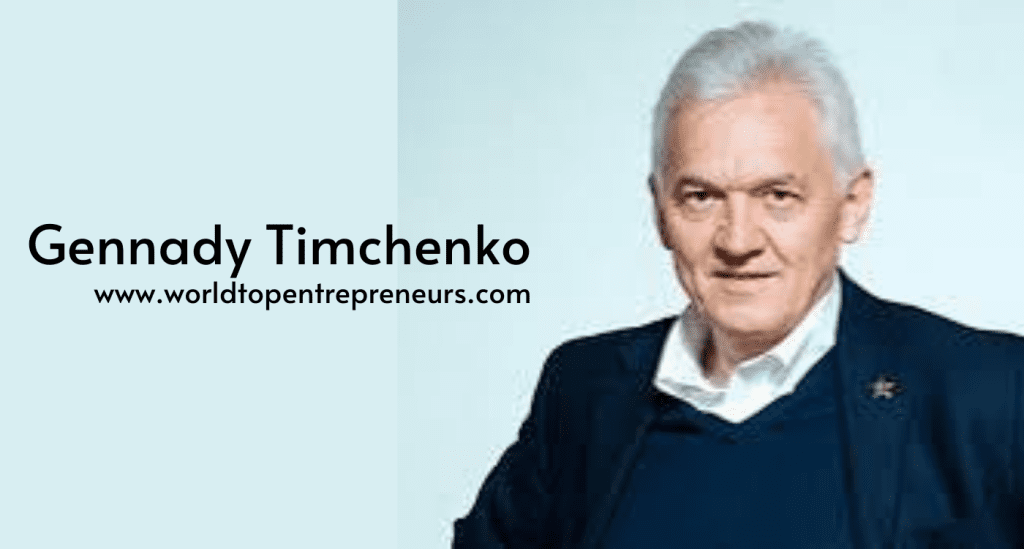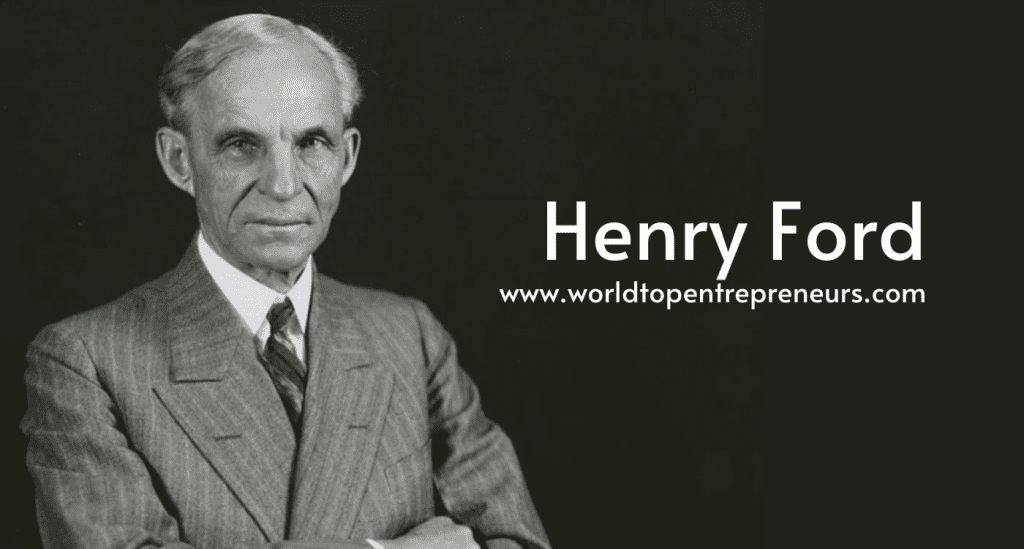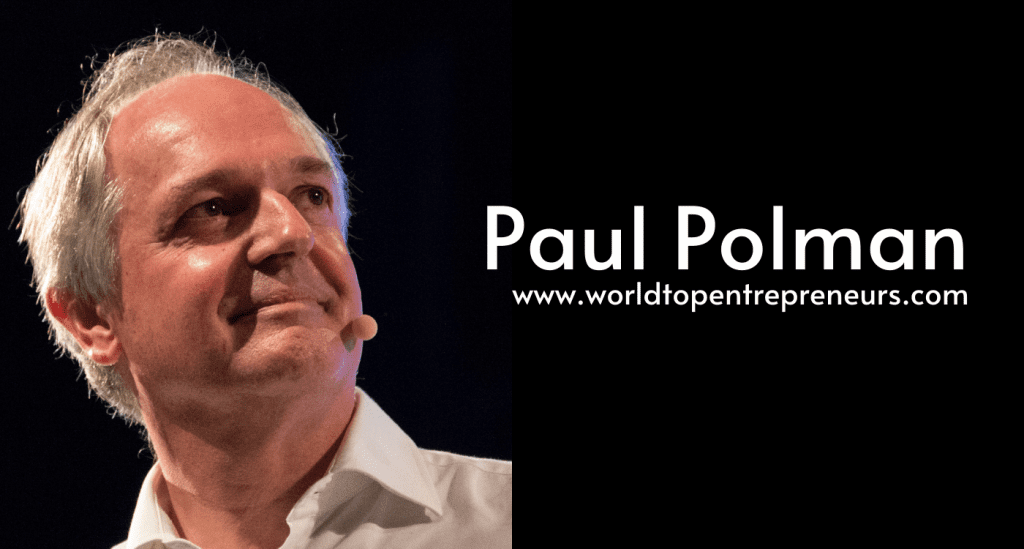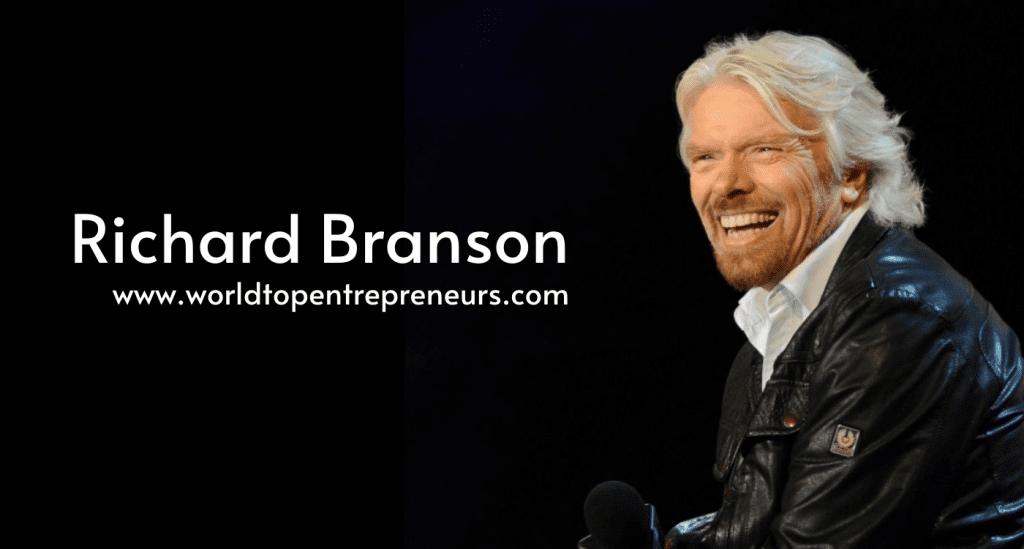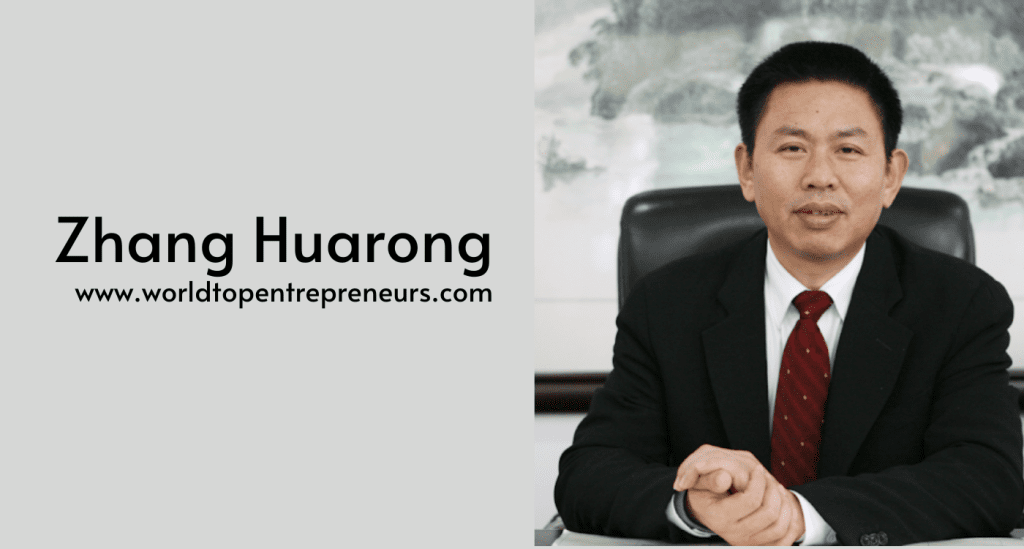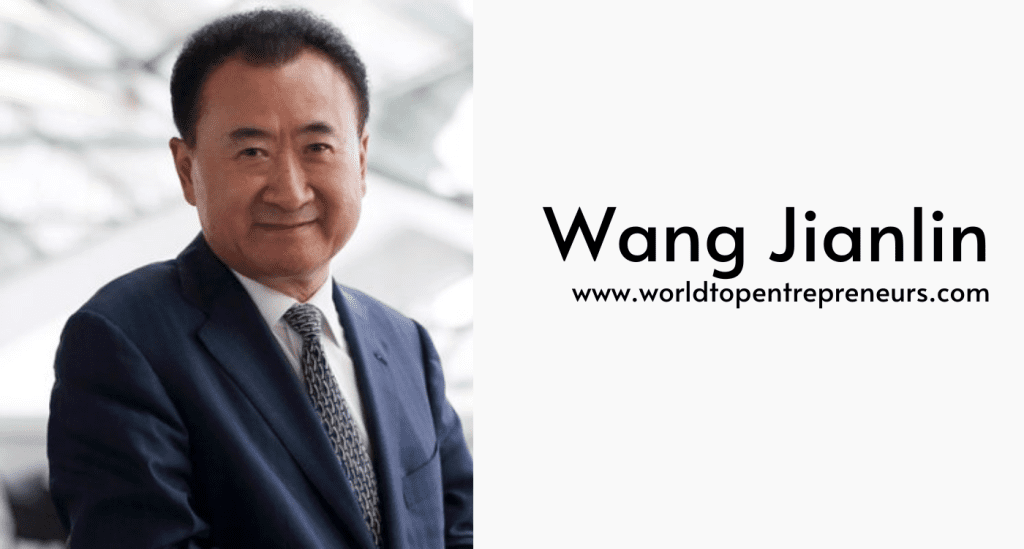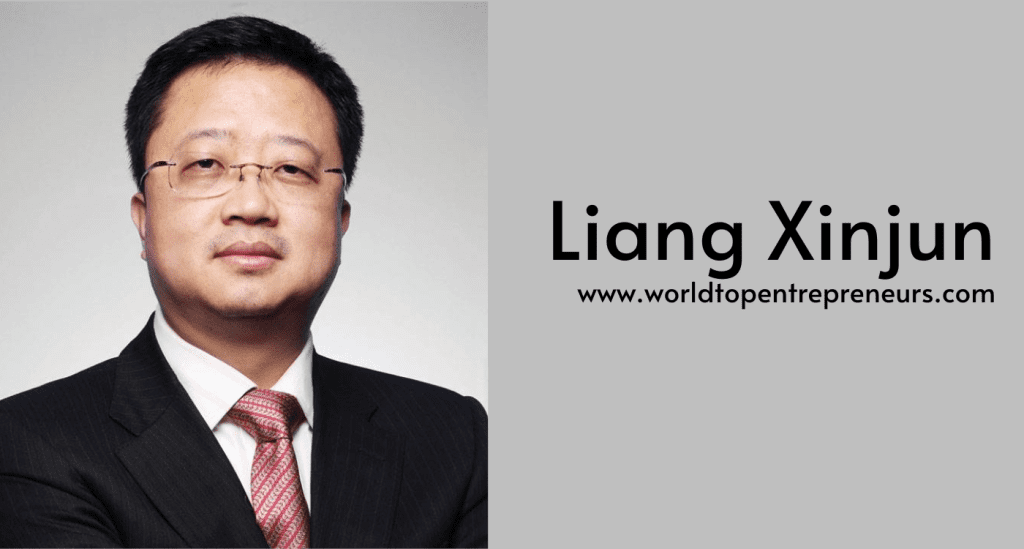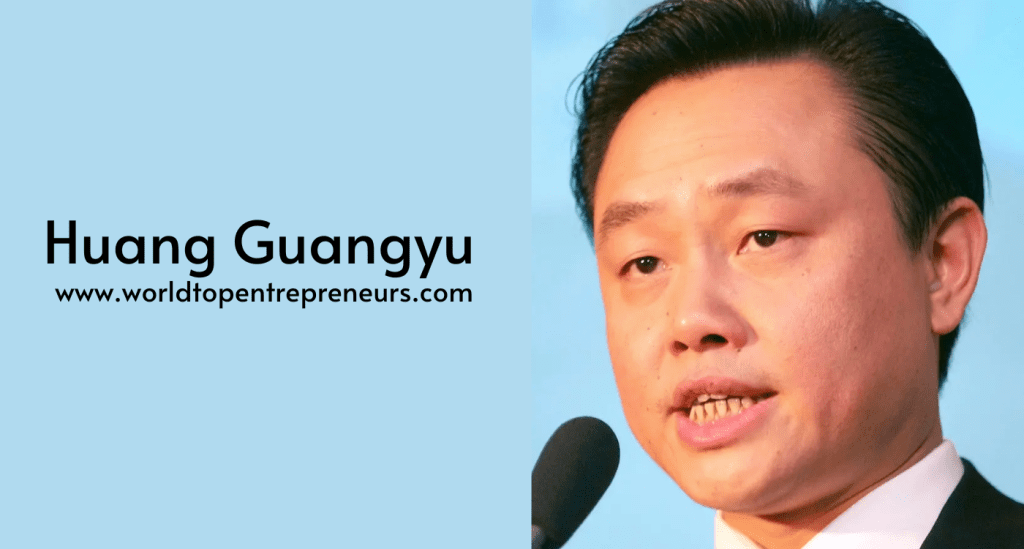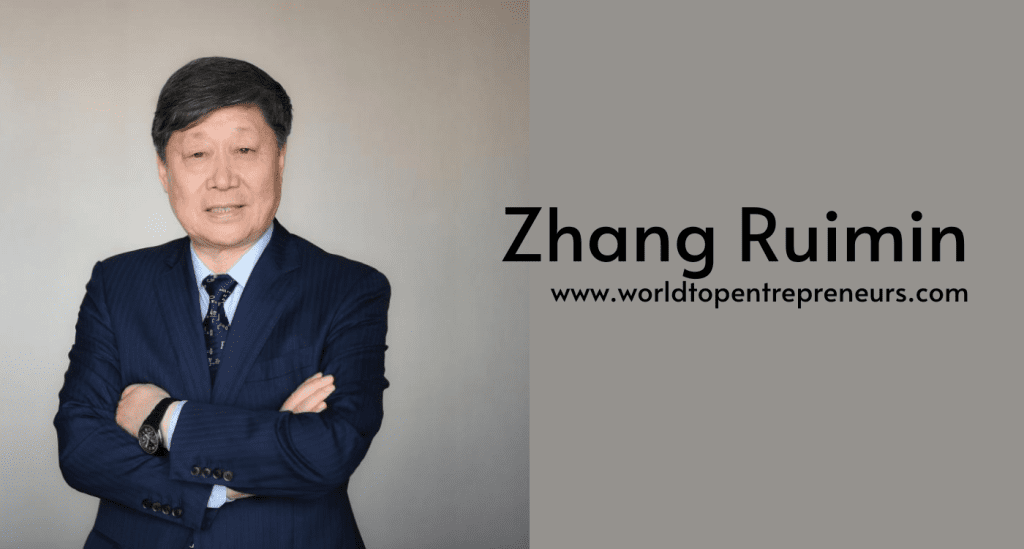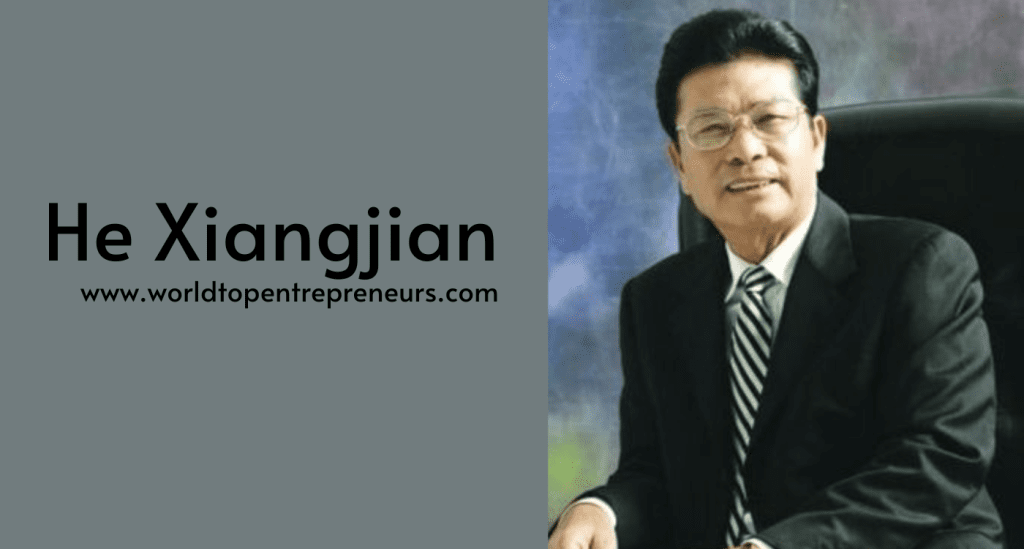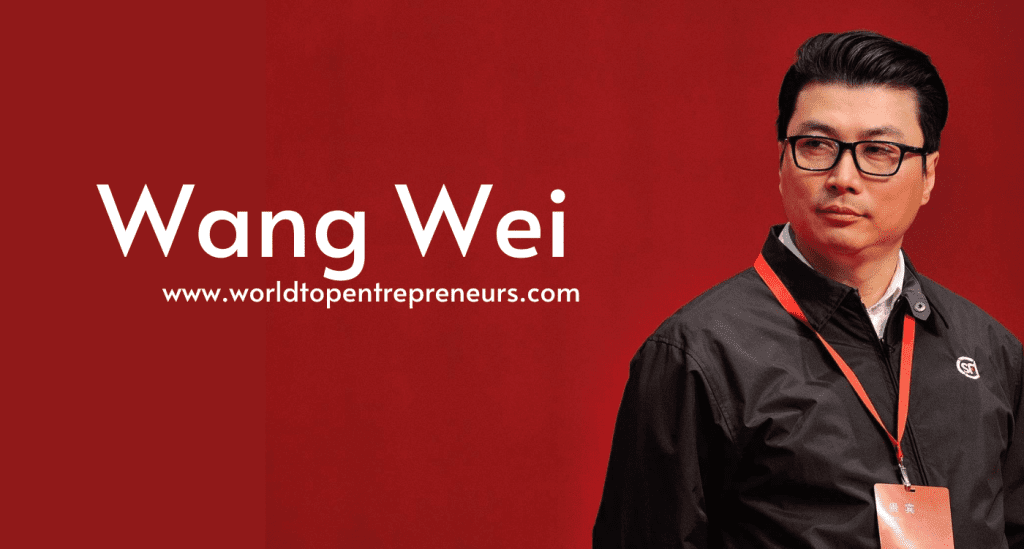Gennady Timchenko is a name that resonates in the world of Russian business, particularly in the sectors of energy, infrastructure, and transportation. As the founder and major stakeholder of Volga Group, one of Russia’s most influential private investment firms, Timchenko has built an empire by capitalizing on the burgeoning Russian energy industry and expanding into various sectors that contribute to global business. His entrepreneurial journey, which spans several decades, has been marked by strategic decisions, significant investments, and a keen understanding of the global market dynamics.
In this blog, we’ll explore Gennady Timchenko’s early life, education, rise to prominence, business background, the challenges he faced, and his notable successes, which together have cemented his place as one of the most prominent figures in Russian business.
Early Life and Educational Background
Gennady Nikolayevich Timchenko was born on November 9, 1952, in the Soviet Union, in the city of Khabarovsk, located in the Russian Far East. Growing up in the post-war Soviet Union, Timchenko’s early life was shaped by a period of economic and political instability, which would later influence his approach to business.
Timchenko’s educational journey took him to Leningrad (now St. Petersburg), where he attended the Leningrad Mechanical Institute, graduating in 1976 with a degree in engineering. This technical background helped shape his problem-solving skills and gave him a solid foundation in understanding complex systems—skills that would be crucial in his later business ventures, particularly in energy and infrastructure.
In the 1970s, the Soviet Union was a tightly controlled state, and opportunities for entrepreneurship were limited. However, Timchenko’s keen interest in business and his network within the Soviet bureaucracy set the stage for his entry into more entrepreneurial pursuits. After his graduation, he initially worked in various technical and engineering roles in the Soviet energy sector, gaining valuable experience in the industrial landscape of the country.
Business Beginnings and the Rise of Volga Group
Timchenko’s first major steps into the business world were in the early 1990s, following the collapse of the Soviet Union and the subsequent rise of Russia’s market economy. The newly emerging Russian market was full of uncertainty, but it also offered unprecedented opportunities for those with the right connections and vision.
Timchenko’s business career accelerated when he became involved in the nascent oil and gas sector. In the early 1990s, Timchenko co-founded Volga Group, which would become the cornerstone of his wealth and influence. Volga Group, which started as an industrial holding company, focused on a wide range of sectors, including energy, transport, infrastructure, and investment.
One of the early moves that shaped Timchenko’s career was his involvement in the development of oil trading. Timchenko was a key figure in the creation of Gunvor Group, an international commodity trading company, which he co-founded in 2000. Gunvor specialized in the trading of oil, petroleum products, and natural gas, and it became one of the world’s largest independent trading companies in the energy sector.
His ties with Russian President Vladimir Putin, who was a rising political figure at the time, also played a crucial role in the development of his business empire. While Timchenko has always denied any special political influence, many of his ventures have benefited from the political landscape in Russia, which has helped him establish and expand his businesses, particularly in the energy sector.
Key Investments and Volga Group’s Growth
Volga Group became a leading investor in some of the most crucial sectors in Russia, with a strong focus on energy, transport, and infrastructure. The group’s investments spanned numerous companies, many of which are major players in the Russian economy.
Some of the prominent sectors and companies under Volga Group’s control include:
- Energy and Oil: As a key player in the Russian energy sector, Timchenko’s influence is most apparent through Volga Group’s stakes in oil companies and oil trading firms. In addition to Gunvor, Volga Group has significant investments in oil production and refining, playing a critical role in both domestic and international oil markets. These investments have been central to the group’s success and have cemented Timchenko’s status as one of Russia’s wealthiest individuals.
- Infrastructure and Transportation: Timchenko also diversified his business portfolio by investing in Russia’s infrastructure and transport sectors. Volga Group has been involved in the development of railway networks, ports, and logistics companies, which are vital to the transportation of goods, especially in Russia’s vast and remote regions. These infrastructure projects have been integral in helping to drive the country’s economic growth and integrate it more closely with global trade.
- Aerospace and Technology: Volga Group has invested in aerospace and high-tech industries, particularly those aligned with Russia’s defense and technology sectors. This diversification into other areas of high-value business further bolstered Timchenko’s position in the Russian economy and demonstrated his foresight in identifying emerging market opportunities.
- Real Estate: In addition to his investments in energy and transport, Timchenko has also expanded into the real estate sector, focusing on both residential and commercial properties. His real estate investments have extended beyond Russia, reaching international markets as well.
Struggles and Challenges
Despite his significant success, Gennady Timchenko’s entrepreneurial journey has not been without its struggles. The very political and economic landscape that helped him build his empire also created significant risks and challenges.
- Political Risk and Sanctions: Timchenko has faced significant political risks, especially given his ties to the Russian political elite. In 2014, after Russia’s annexation of Crimea and the subsequent tensions with the West, Timchenko was placed under sanctions by the European Union and the United States. These sanctions targeted his business dealings, particularly his ties to the oil and gas sector. While the sanctions affected his international dealings, Timchenko’s business in Russia remained largely unaffected due to his deep integration in the local economy.
- Market Volatility: Like many business leaders in the energy sector, Timchenko has faced challenges from market volatility, particularly in the oil market. Global oil price fluctuations have impacted the profitability of oil trading companies like Gunvor, making it difficult to maintain consistent growth during periods of price instability.
- Regulatory Challenges: Operating in Russia’s business environment often means dealing with complex and sometimes opaque regulations. Timchenko has had to navigate these challenges, balancing his business operations with political realities and regulatory compliance.
Successes and Achievements
Despite these challenges, Timchenko has enjoyed significant successes throughout his career:
- Building an Energy Empire: Timchenko’s leadership of Volga Group and his involvement in Gunvor helped him build an energy empire. His companies have become some of the most significant players in global oil trading, oil production, and refining, with Volga Group’s portfolio reaching across multiple continents.
- Diversification: Timchenko’s ability to diversify his investments across sectors such as transportation, infrastructure, and high-tech industries has allowed him to weather economic storms and continue to grow his wealth. Volga Group’s focus on critical industries, from energy to logistics, has kept it competitive in a rapidly changing global market.
- Philanthropy: Beyond business, Timchenko has engaged in philanthropic activities, focusing on sports, education, and social welfare. In particular, he has supported initiatives related to youth sports in Russia, particularly ice hockey—his passion for which has also been linked to his business and networking circles.
- Global Influence: Timchenko’s business influence extends far beyond Russia, with investments in international companies, strategic partnerships with global energy players, and a network that spans multiple continents. His leadership and decision-making in expanding Volga Group into new sectors have ensured its continued growth and global footprint.
Conclusion: A Legacy of Strategic Vision
Gennady Timchenko’s entrepreneurial journey is a testament to his strategic thinking, resilience, and ability to adapt to a rapidly changing business environment. His leadership of Volga Group has cemented his status as one of Russia’s wealthiest and most influential businessmen, with significant investments in the energy sector, infrastructure, and transportation.
Though his path has been marked by struggles, including political challenges and market volatility, Timchenko has proven his ability to navigate these obstacles and continue to build an enduring business empire. As he continues to lead Volga Group and diversify into new sectors, Gennady Timchenko’s legacy is one of vision, resilience, and entrepreneurial success on the global stage.

